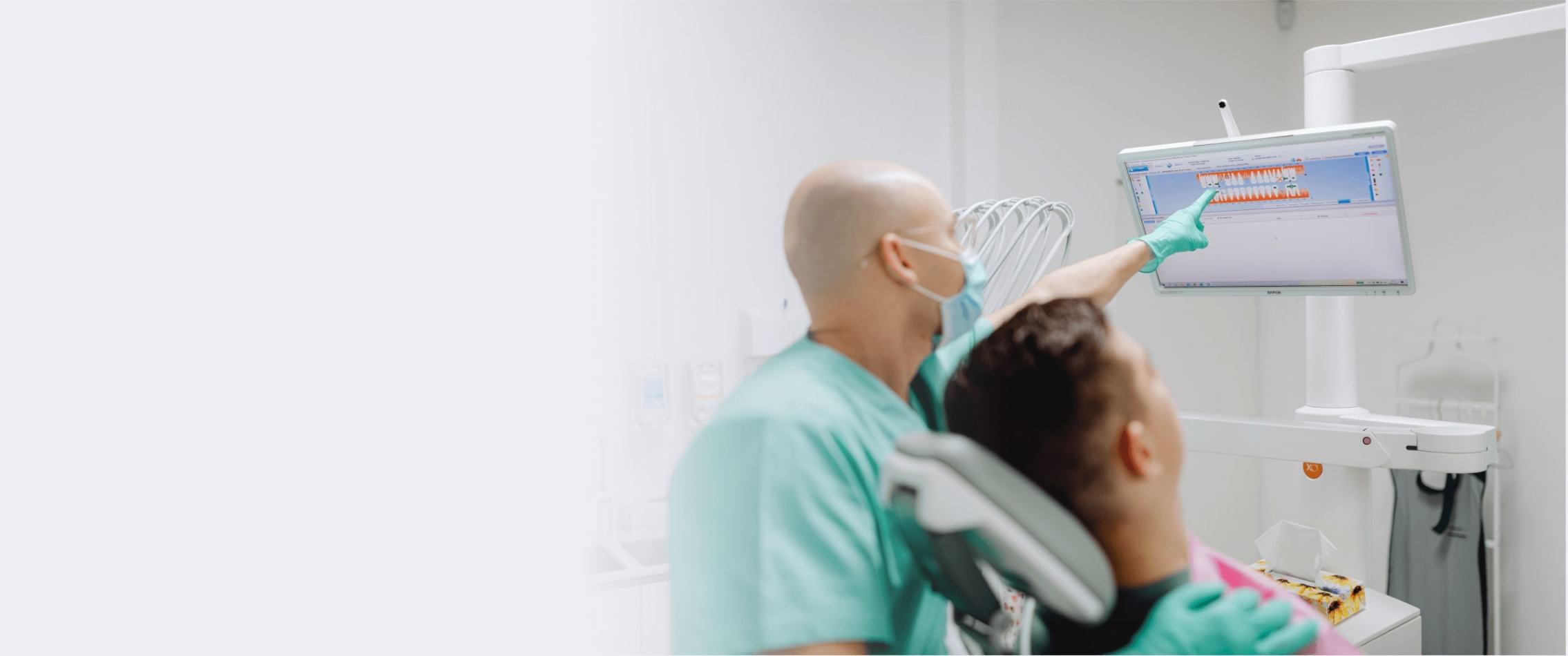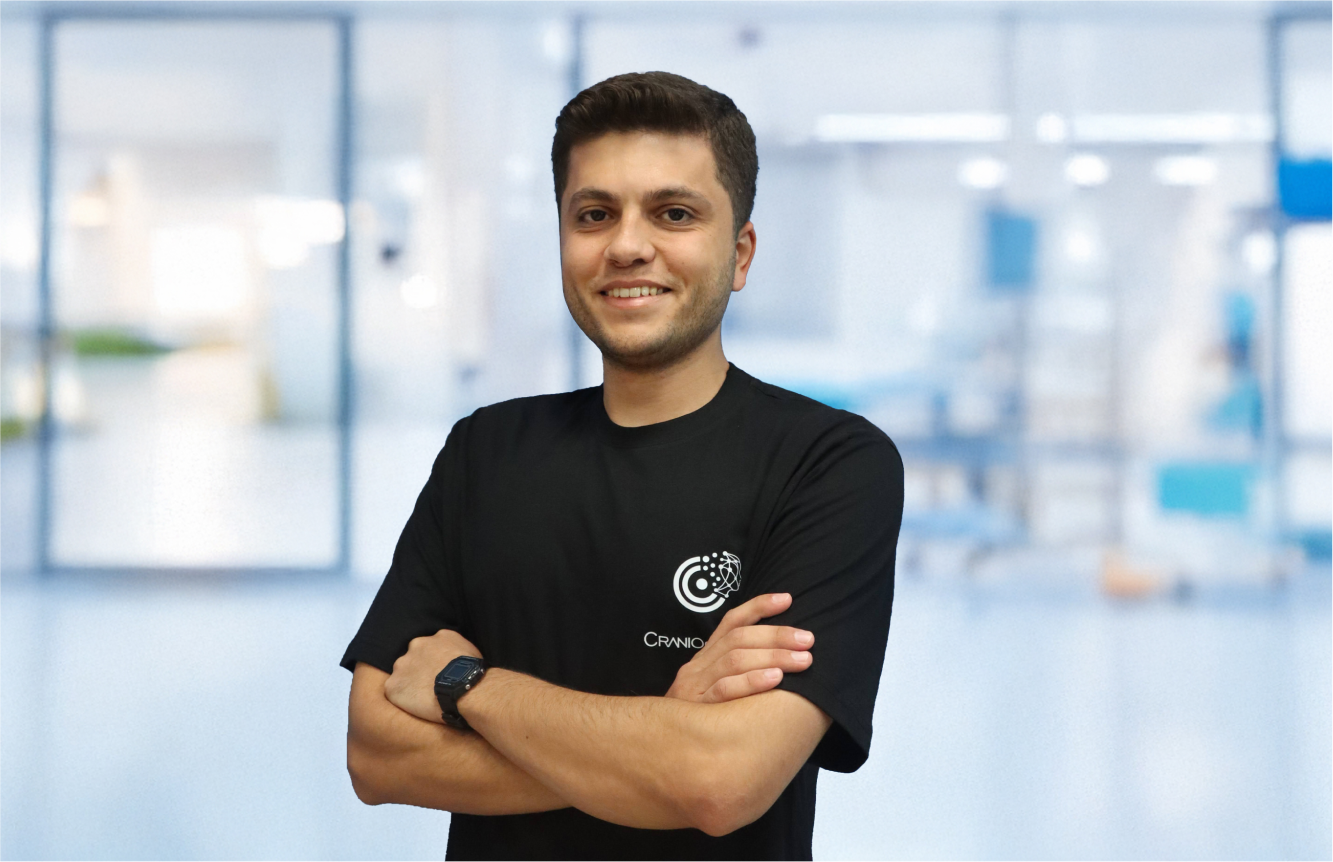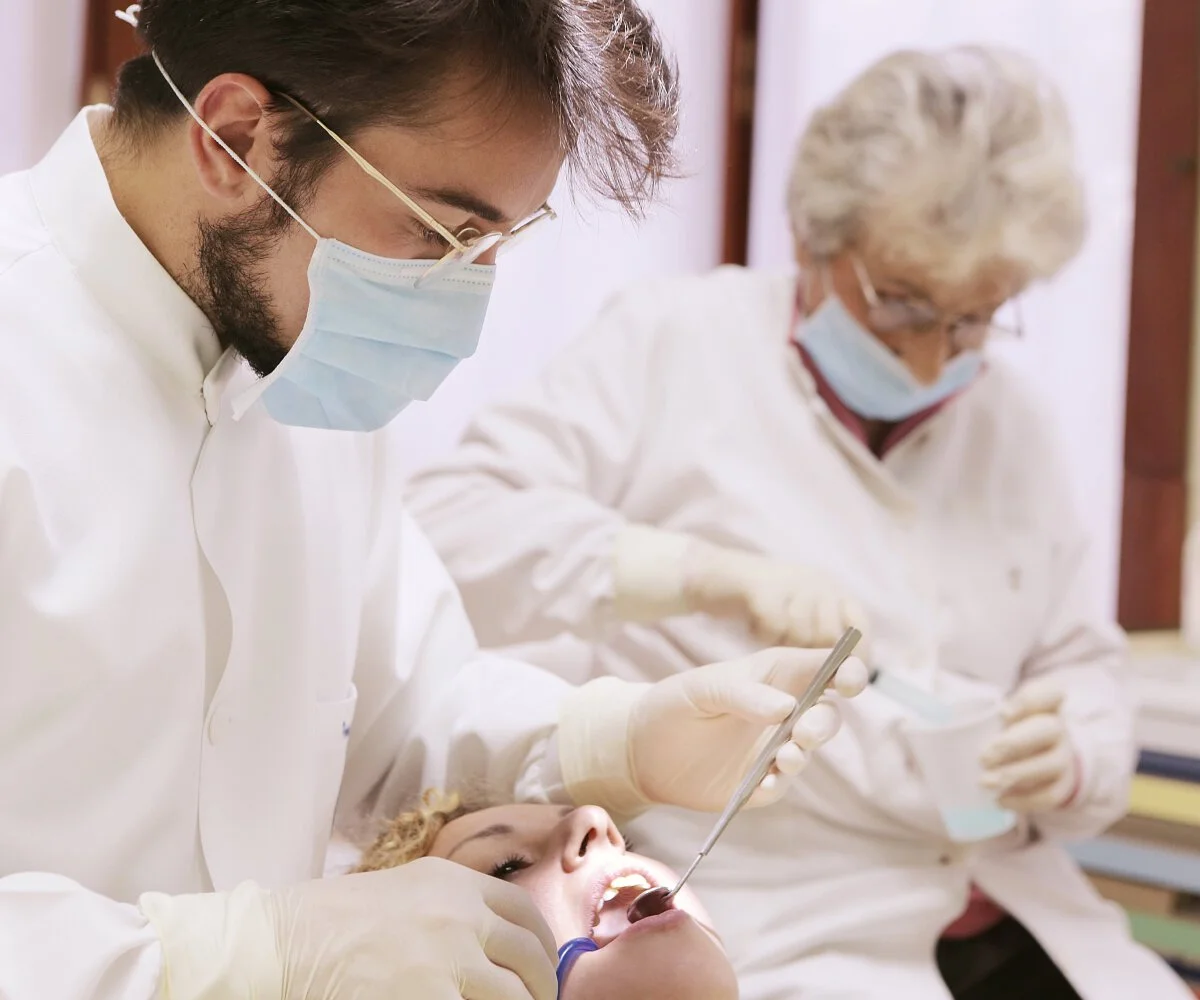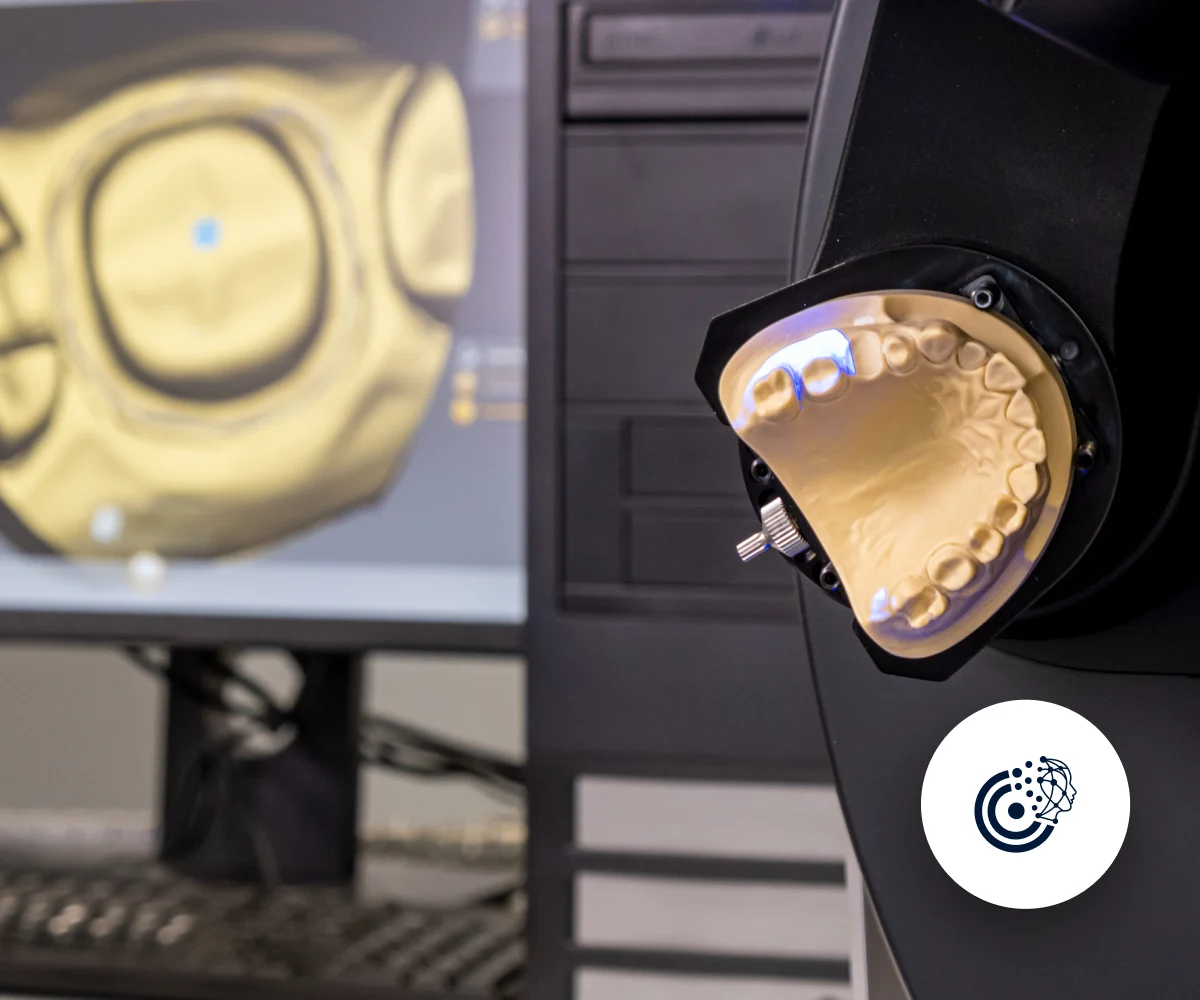How to Use AI in Dental Clinic?
Introduction
Dental clinics are healthcare institutions where people prioritize oral and dental health. Dentists keep up with innovations in this field as required by technological advancements. In recent years, one of the biggest innovations in this field has been the use of artificial intelligence (AI) technologies. In this article, we will discuss why the use of artificial intelligence in dental clinics is important and the advantages it offers to patients.
The healthcare sector is rapidly evolving with technological advancements. Among these changes, artificial intelligence has had a significant impact on medicine and healthcare. Dental clinics also aim to embrace this technology to provide better services to their patients. In this article, we will explore the applications of artificial intelligence in dental clinics.
What Is Artificial Intelligence?
First and foremost, it is important to understand the concept of artificial intelligence. Artificial intelligence is a branch of technology that enables computer systems to mimic human-like thinking and decision-making abilities. It can perform human-like tasks such as data analysis, learning, prediction, and decision-making. Its use in dental clinics aims to apply these abilities to the field of dental health.
Artificial Intelligence Applications in Dental Clinics
Artificial intelligence in dental clinics is transforming the way dental care is delivered. From diagnosis to treatment planning, technology in dental clinics has evolved to improve the precision and efficiency of dental services. AI dental clinic systems analyze medical images and patient data to assist dentists in making informed decisions. By enhancing diagnostic accuracy, artificial intelligence in dental clinics ensures that treatments are more effective and tailored to individual patient needs. Additionally, AI streamlines administrative processes, including appointment scheduling, patient management, and follow-up care, ensuring smoother clinic operations.
Artificial intelligence in dental clinics not only improves diagnostic precision but also enhances the overall patient experience. AI dental clinic systems help predict potential dental issues by analyzing patient history and data patterns that may go unnoticed by the human eye. This allows for more effective preventative care and timely treatments. Additionally, technology in dental clinics is evolving to include AI tools that provide real-time feedback during procedures, improving treatment outcomes. For more insights into how AI in dentistry is transforming the industry, you can explore further information.
1. Diagnosis and Treatment Support
Artificial intelligence can provide dentists with the ability to assess patients' dental health more effectively. Advanced image processing algorithms can quickly and accurately detect dental problems through X-rays and other imaging techniques. This can lead to earlier diagnosis and the creation of better treatment plans.
2. Appointment Scheduling and Patient Processes
AI software in dental clinics can make appointment scheduling and patient processes more efficient. AI-based systems can streamline appointment scheduling and effectively manage patient data. They can also reduce appointment no-shows by sending appointment reminders to patients.
3. Personalized Treatment Plans
Artificial intelligence can create personalized dental treatment plans by using patients' individual health data. This can assist in creating treatment plans tailored to each patient's specific needs and dental structure.
4. Education and Skill Enhancement
In dental clinics, artificial intelligence can be used to support the education and skill development of dentists and dental assistants. Virtual simulations and training programs can help improve the skills of dental professionals.
AI and Patient Satisfaction in Dental Clinics
The integration of AI dental clinic systems plays a significant role in enhancing patient satisfaction. AI technology ensures faster, more accurate diagnostics, reducing the time patients spend in waiting rooms and minimizing the risk of human error. Through artificial intelligence in dental clinics, treatment plans are more personalized, improving the overall patient experience. Moreover, AI-driven systems can handle routine tasks like appointment reminders and patient follow-ups, ensuring seamless communication between the clinic and its patients.
How AI Improves Accuracy in Dental Diagnostics
How AI is used in dental clinics has revolutionized diagnostic accuracy. AI systems analyze X-rays, CT scans, and other imaging methods to detect issues such as cavities, gum disease, and structural anomalies that may be difficult to identify manually. By utilizing technology in dental clinics, dentists can offer more accurate and timely diagnoses, leading to improved treatment outcomes. Furthermore, AI systems continue to learn from vast datasets, continuously enhancing their diagnostic capabilities.
How AI is Revolutionizing Dental Practices
The impact of how AI is used in dental clinics extends beyond diagnostics. AI is redefining how dental treatments are planned and executed. With technology in dental clinics, dentists can create 3D models, simulate treatments, and predict outcomes with high precision. AI also assists in more complex procedures, such as orthodontics and implant placements, allowing dentists to provide more efficient, tailored care. The incorporation of artificial intelligence in dental clinics is leading to faster, more effective treatments, enhancing both patient outcomes and clinical workflows.
Security and Privacy
As the use of artificial intelligence in dental clinics increases, data security and privacy become crucial. Strong cybersecurity measures should be in place to protect sensitive health information, and compliance with appropriate legal regulations is essential.
Labeling Dental Models
Dental artificial intelligence can simplify the process of labeling dental models for dentists. Through image analysis, AI can examine dental X-rays and images to detect tooth positions, cavities, and other issues. This can significantly contribute to the diagnosis and treatment planning processes.
Orthodontic Treatment and Artificial Intelligence
Orthodontic treatment involves the alignment and correction of teeth, which can be a complex process. Artificial intelligence can assist dentists in creating better treatment plans by generating 3D models of patients' mouths. Additionally, AI can simulate tooth movement and the treatment process, leading to more effective results.

Data Analytics and Dental Artificial Intelligence
Data analytics can help dentists better understand large amounts of patient data. Artificial intelligence can analyze this data to create dental models and assist patients in tracking their health records and treatment outcomes more effectively.
Visual Dental Health Examinations
Artificial intelligence can enhance dental health examinations. Through image recognition technology, dentists can make rapid and accurate diagnoses based on intraoral images. AI can detect cavities, gum issues, and other dental problems, leading to more effective treatment guidance.
New Technologies and Software
New software and technologies developed for dental clinics can make dentists' jobs easier and more efficient. AI-based software can provide significant assistance in tasks such as appointment scheduling, patient records management, and the examination process.
Machine Learning and Dentistry
Machine learning algorithms can be used for complex tasks in dentistry, such as diagnosis and treatment planning. Machine learning continuously improves through data analysis and experiences, potentially offering dentists better diagnoses and treatment recommendations.
The Future of Artificial Intelligence Usage in Dental Clinics
Artificial intelligence in dental clinics can expedite examination processes and provide better service. It can also enhance the management of patient data, leading to the capacity to offer more personalized treatments. The use of artificial intelligence in processes such as appointment scheduling, diagnosis, treatment planning, and even billing can offer significant advantages.
Conclusion
The use of artificial intelligence technologies in the dental field presents a significant opportunity to improve dental healthcare services. Rapid and accurate diagnoses, more effective treatment plans, and better patient outcomes can be achieved. In the future, further advancements and widespread adoption of dental artificial intelligence technologies are expected, potentially leading to a major transformation in the dental healthcare sector.





 Contact Us
Contact Us

